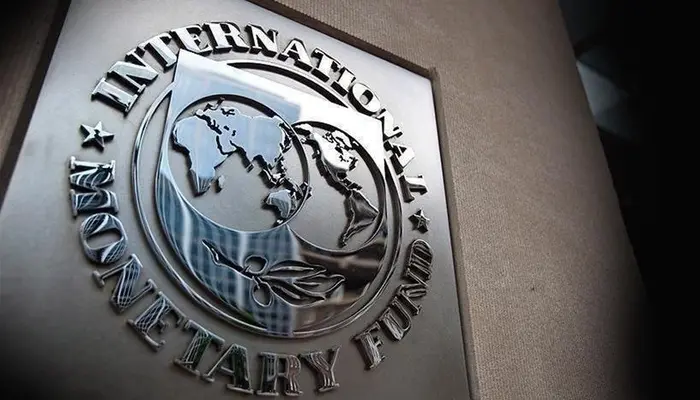
The International Monetary Fund (IMF) will send a mission to Pakistan next week, four months ahead of the planned review. The IMF aims to assess Pakistan’s performance in implementing conditions linked to the $7 billion bailout package approved earlier this year. Diplomatic sources say this early visit underscores the program’s importance for the IMF, especially given the country’s mixed track record in meeting agreed-upon conditions.
IMF Mission to Evaluate Key Performance Targets
IMF Pakistan Mission Chief Nathan Porter will lead the delegation, focusing on Pakistan’s progress in achieving roughly 40 conditions outlined in the bailout. The visit will primarily assess the country’s fiscal performance for the July-September quarter, according to officials. Finance Ministry spokesperson Qumar Abbasi has not commented on the mission’s objectives.
Review Set for March Pushed Forward
Originally, the IMF planned the first biannual review for March 15, 2025, with performance targets covering up to December 2024. However, the IMF decided to send its team just a month and a half after the loan approval to examine Pakistan’s progress on the first-quarter targets and an initial evaluation of second-quarter performance.
Internal Debate on Adjusting Targets
Within the Pakistani government, views are split on whether to adjust the targets set by the IMF. Some officials argue for resetting targets, particularly on revenue, due to recent setbacks. However, others believe there is limited room to renegotiate given the IMF’s stance at loan approval. If Pakistan sticks to its original targets, it may have to implement a mini-budget to address shortfalls in revenue.
First-Quarter Performance Shows Mixed Results
Pakistan’s economic performance in the first quarter has been inconsistent. The State Bank of Pakistan (SBP) achieved its monetary targets, and the finance ministry exceeded its budget surplus goal. However, the Federal Board of Revenue (FBR) missed its revenue target, and provincial governments failed to meet their cash surplus targets due to overspending, particularly in Punjab. Official reports show a revenue collection shortfall of Rs190 billion over four months, with the FBR collecting Rs3.440 trillion against a target of Rs3.632 trillion.
Donald Trump Declares Victory, Thanks Family in Speech to Supporters
Provincial Tax Targets Missed
Provincial governments also struggled to meet targets. They missed the end-October deadline to increase agriculture tax rates to 45%, as cooperation between federal and provincial bodies remained limited. The finance ministry reported a 53% shortfall in provincial cash surplus targets, with Punjab’s overspending contributing to the gap.
Options for Addressing Revenue Shortfalls
Government officials are now exploring options to cover the shortfall. One possibility is a mini-budget to raise additional revenue. Another option could be using savings from lower debt servicing costs after recent interest rate cuts to offset the revenue gap. The IMF team will likely discuss these strategies with Pakistani officials to ensure the program stays on track.
Government Meets Some Key IMF Targets
Despite setbacks, the federal government achieved its primary budget surplus goal, with a surplus of Rs198 billion, supported largely by the early booking of central bank profits. Total surpluses reached Rs3 trillion, about 2.4% of GDP, according to the Ministry of Finance.
The IMF mission, which includes specialists in monetary policy, financial markets, and fiscal affairs, will evaluate these results to determine if Pakistan’s performance aligns with the loan conditions. This early review could set the tone for Pakistan’s economic strategy and its partnership with the IMF in the coming months.
Follow Day News on Google News, Instagram, YouTube, Facebook, Whats App, and TikTok for latest updates
















